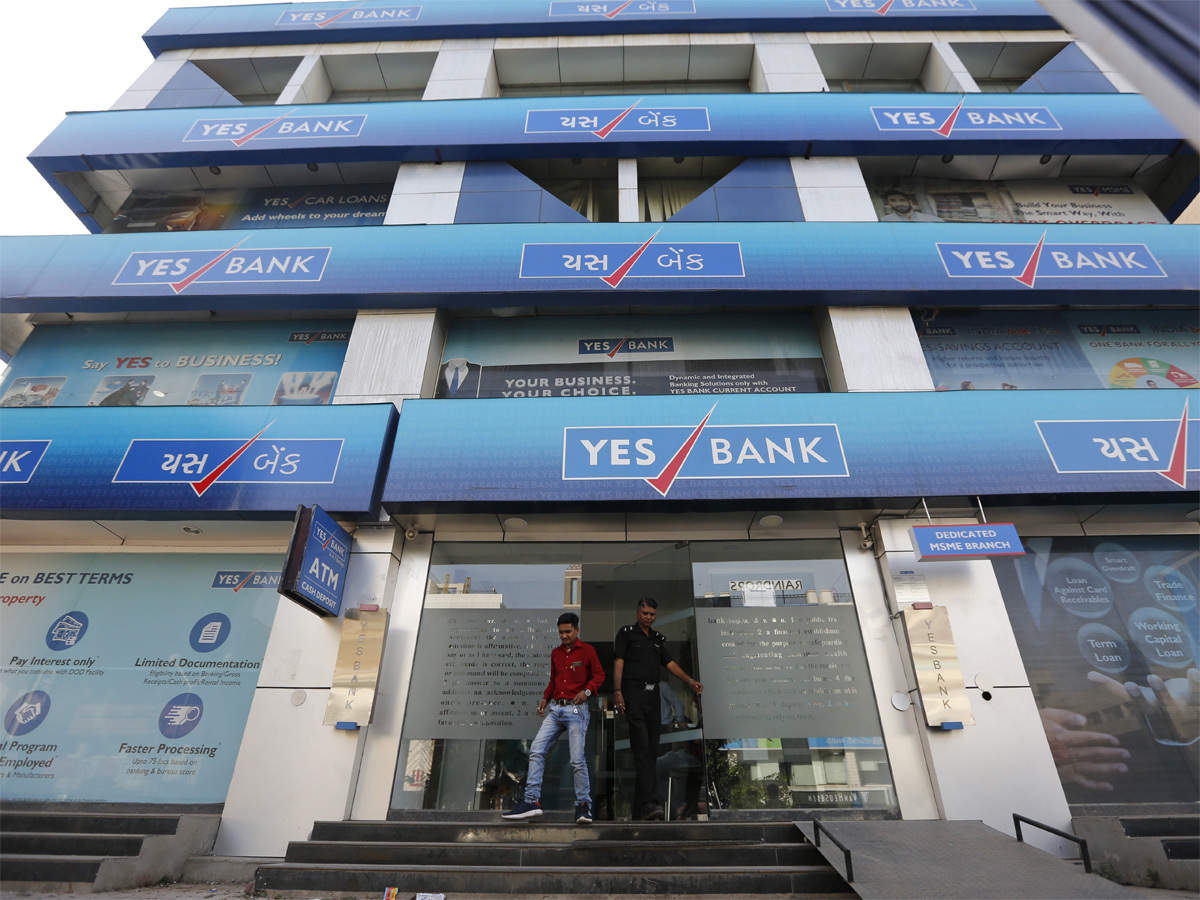Should You Buy Yes Bank or Short SBI?
The initial verdict on bailout of Yes Bank by SBI was clear. Stock markets gave a huge thumbs up to Yes Bank (stock gained almost 25%). And a big thumbs down to SBI (stock shed over 5% in early trades).
The relief that Yes Bank finally has a buyer, albeit a forced one, may have made the stock attractive. Similarly, the unknown amount of bad loans to be heaped on SBI, forced markets to dump the PSU bank stock in a hurry.
But it is quite possible that the fate of the stocks change dramatically over next few days. As the actual impact of the bailout gets clearer, the market reaction to the stocks will get more rational.
By the time you are reading this, your broker, friend, neighbor and fellow investor may have different opinions to offer on the stocks.
So, the question is: Should you buy YES BANK after the bailout or short SBI?
I will answer that in a bit. First let’s look at the facts.
Yes, Bank’s total networth and total assets are currently about 10% of SBI’s.
— Advertisement —
You Missed Our Emergency Summit On Black Monday…
This Monday was a Black Monday for the markets.
The Sensex crashed by more than two thousand points… due to panic caused by
the coronavirus spread.
On the same day, we went LIVE with Richa Agarwal’s emergency summit the
‘Rebound Riches.’
More than 12,000 Indians like you had registered for this summit…
But for some reason you couldn’t attend this summit LIVE.
At this summit, Richa shared with the attendees the biggest money-making
opportunity created by this coronavirus carnage on the stock markets.
Click here to find out about this
once-in-a-decade opportunity…
——————————
Therefore, acquiring a bank that is about one tenth its size should not be a problem for India’s largest bank.
The issue is that, Yes Bank’s networth could actually become negative if all the loans categorized as ‘doubtful’ are to be written off.
Which means SBI gets nothing from the merger. Rather it will have to provide for paying back the depositors of Yes Bank.
In other words, the government proposed bailout, is for the sake of Yes Bank’s depositors and not shareholders.
As I write this, the government has imposed a moratorium of Rs 50,000 on deposits in Yes Bank. Therefore, for Yes Bank depositors too, the bailout will not be a quick or easy one.
Buying the stock of Yes Bank, in such a scenario, is therefore, nothing but gambling.
What about SBI?
Well, such forced bank bailouts in the past have taken a big toll on the acquiring bank too. Especially, when the size of the bailed-out entity was similar or marginally lower than the bailor.
— Advertisement —
FREE Report: 7 Overlooked Multibagger Opportunities amidst the
Coronavirus Scare…
Our Senior Research Analyst and Co-Head of Research, Tanushree Banerjee, has
identified 7 stocks set to climb sharply in the coming years riding on a rare economic
phenomenon in progress right now.
These 7 stocks are being overlooked right now amidst the Coronavirus Scare.
But Tanushree believes they could rise and enable one to potentially build
wealth lasting generations from them in the coming years.
To find out how, just click here…
——————————
When I analysed the impact of GTB bailout by OBC in 2005, I wrote that the financials of a perfectly healthy bank (OBC) is set to worsen due to the bailout.
OBC never managed to recover from the impact of the bailout. And even more than a decade later, its financials, especially asset quality, went from bad to worse.
In the case of SBI, however, swallowing a bitter pill that is significantly small in size may not choke the bank.
Getting a technologically advanced bank and a reasonably good suite of products, dirt cheap, may actually work to SBI’s advantage over the years.
Nevertheless, the fact that SBI had to bailout a bad bank and may have to do so for many more, could continue to remain an overhang on the valuations of the stock.
My recommendation would be to not act on either of the stocks of Yes Bank or SBI with a knee jerk reaction.
There are plenty of other banks out there, where the deposits are riskier than the stocks.
The Yes Bank bailout, should therefore, act as a stern reminder to be as careful with bank deposits as with their stocks








